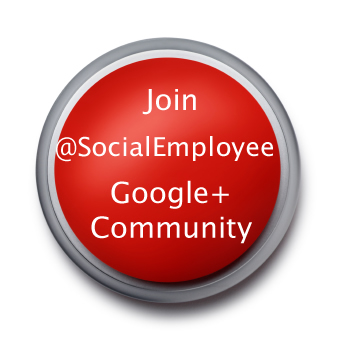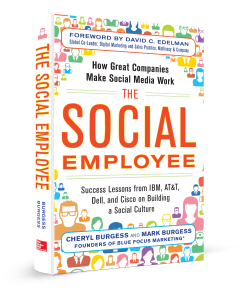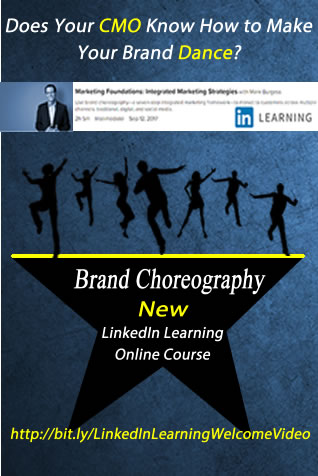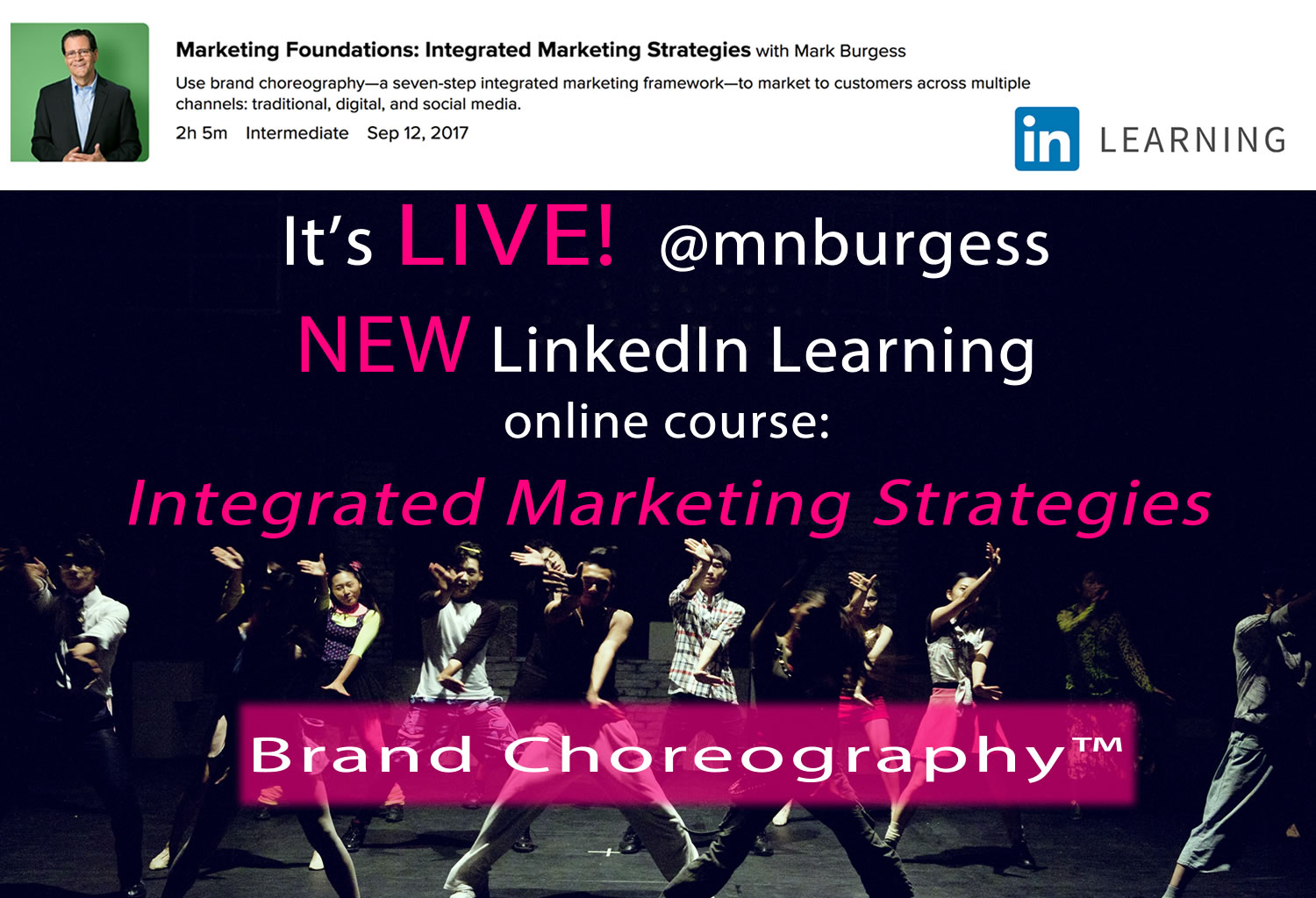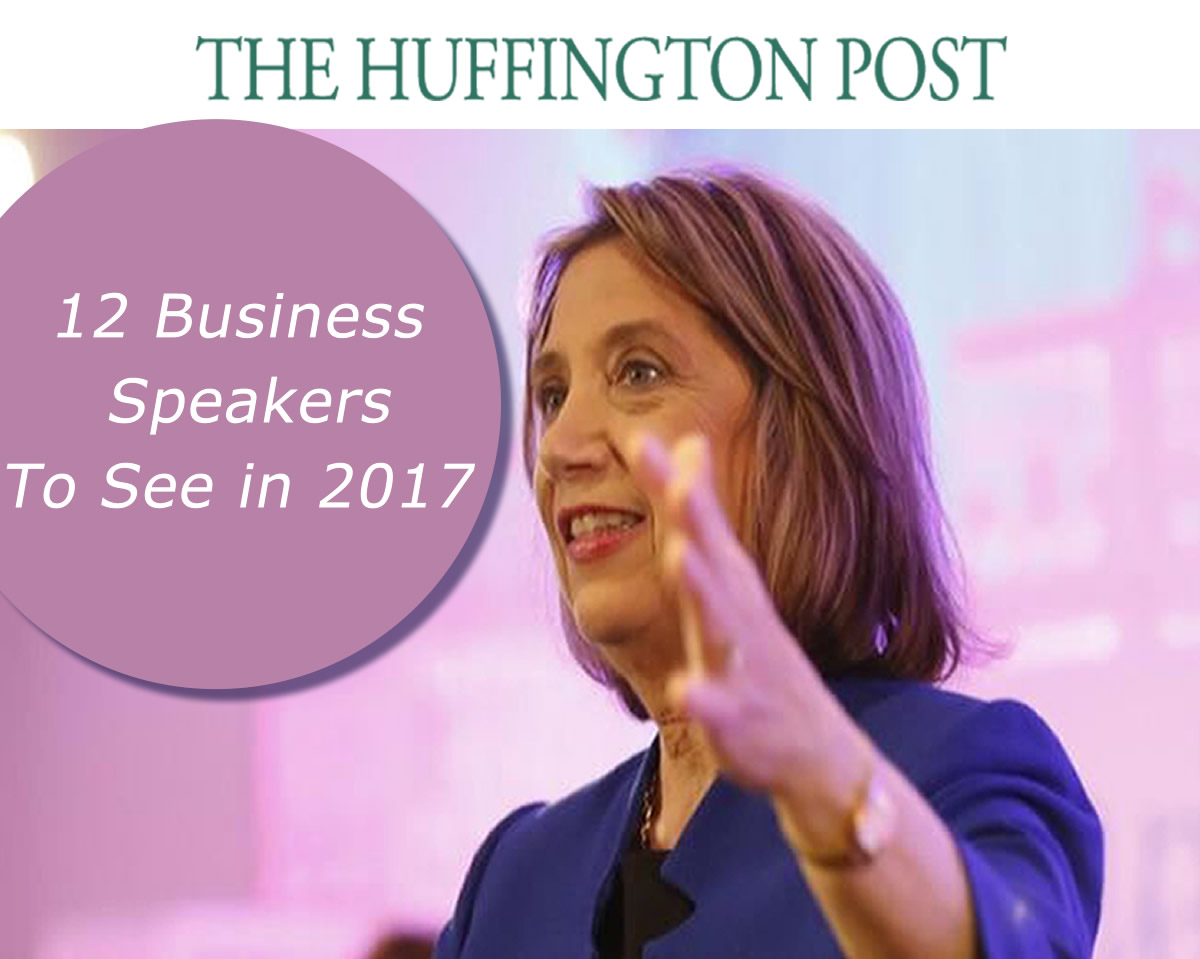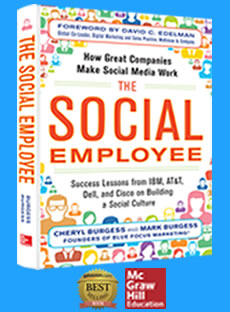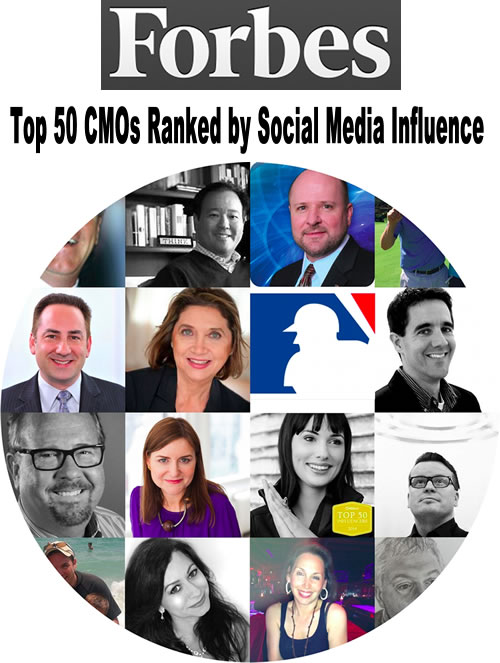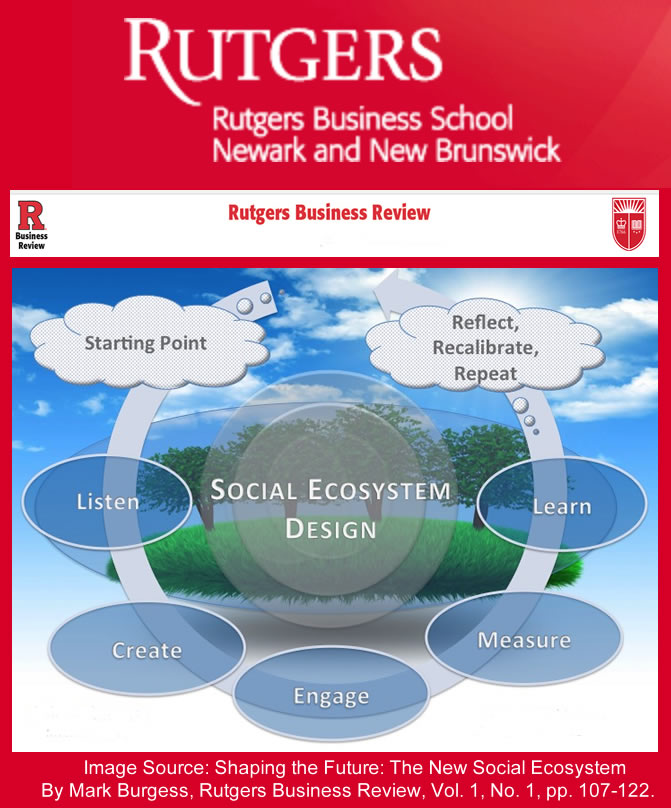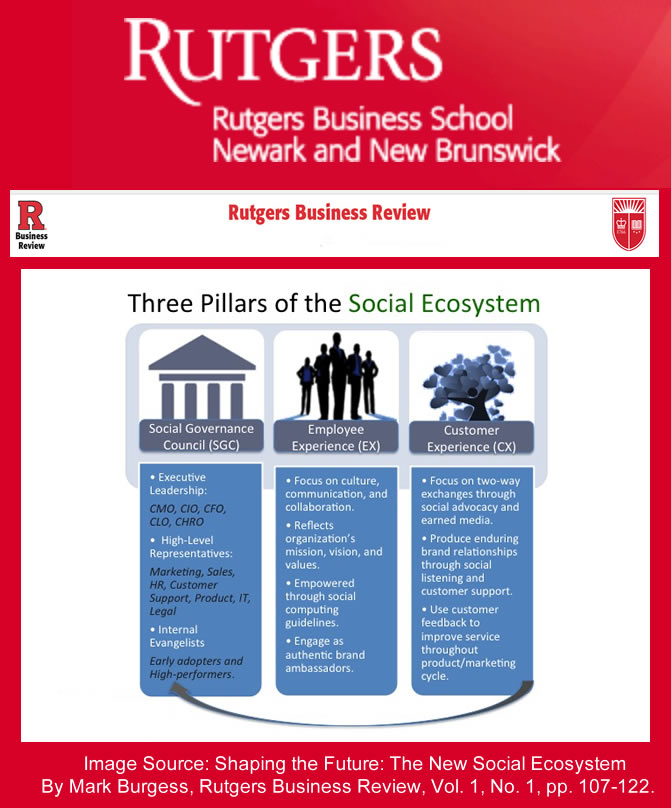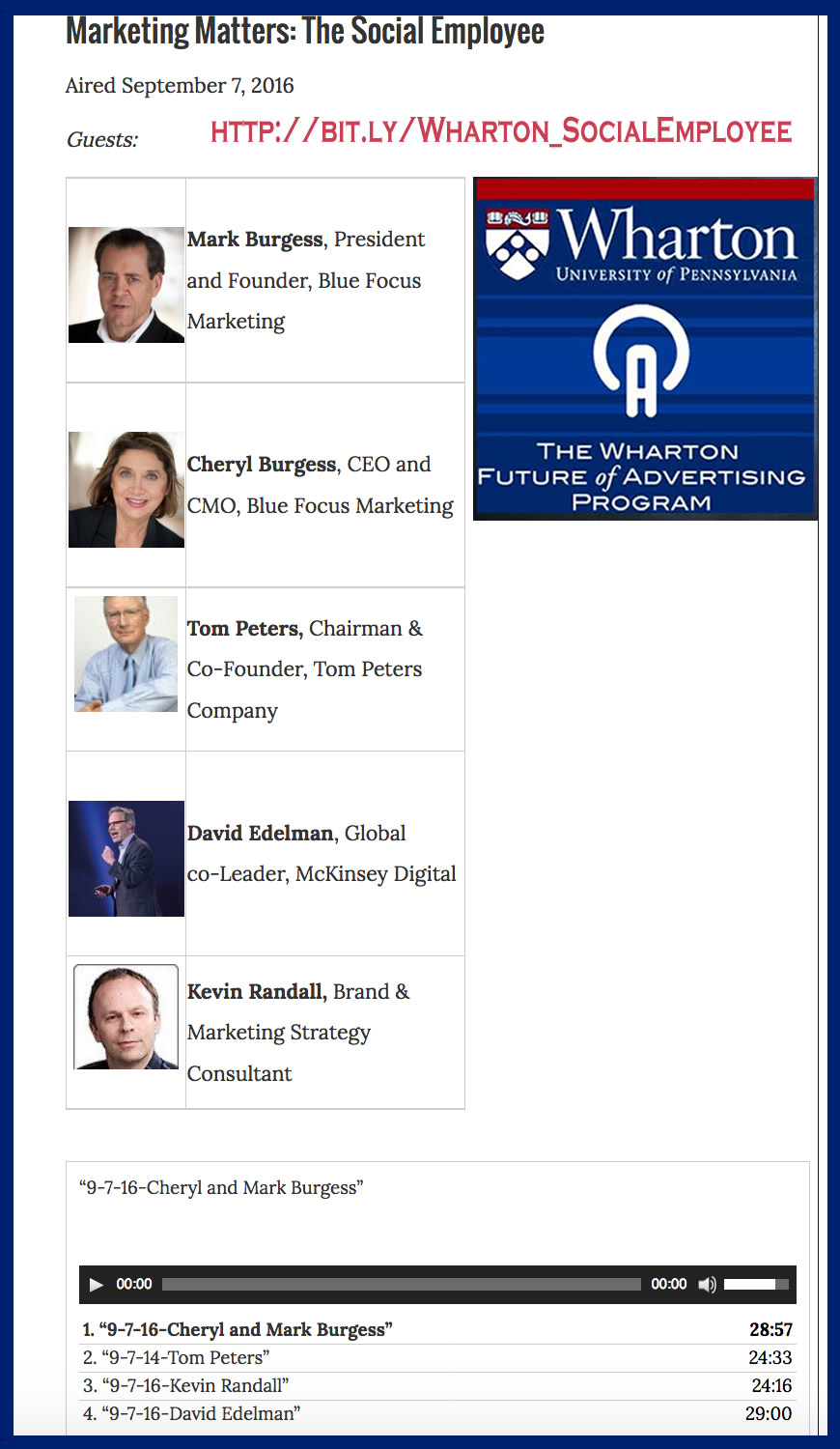Toward the end of a previous post detailing one of our many experiences at the 2014 IBM Connect Conference, I linked to this video, which contains a brief excerpt from a chat we had with Socialized! author Mark Fidelman (@MarkFidelman) about the role of the social executive in the social business movement. This conversation itself was just a small part of the many goings-on at the conference, where a person could simply be walking from one panel to the next and come upon a conversation such as ours and learn something about the role of today’s leaders in a new era of business.
I’ve said in previous posts, and I’ll say it again: the 2014 IBM Connect Conference was quite a place to be for a few days. Below is the unedited, “behind the scenes” view of our chat with Mark Fidelman. This video, taken by a handheld device, offers a glimpse at what our chat might have looked to one of the many passerby at the conference. But while it may be just a tad low-fi, it does a great job of capturing the atmosphere of the event and the spirit of value and sharing that was strong enough to compel someone to record this video. And despite a couple small audio hiccups, all the important points we make about social executives remain intact.
Mark Fidelman and I first got talking about the idea of the social executive back in 2012, when I responded to his Forbes post “The 7 Personality Types of Extremely Anti-Social Executives” with my own post “7 Personalities of a Social Executive.” This led to a wonderful exchange of ideas, and the more Fidelman and I discussed this concept of the social executive, the more convinced I was that the social executive was essential to any organization interested in embracing a social business model. While we were writing our Amazon best-selling book The Social Employee (McGraw-Hill, 2014), as Blue Focus (@BlueFocus) Marketing President Mark Burgess (@MNBurgess) and I examined the prominent themes of our many interviews with executives at several leading brands, our suspicions were confirmed: the social executive was a central, unifying concept in all the success business stories that we profile in the book.
As much as social business is about giving every social employee their own voice and stake in their company’s brand, a thriving culture depends on a sense of unified purpose. The social executive catalyzes this process by infusing the brand’s mission, vision, and values, establishing the basic guidelines from which a thriving social employee culture can develop. The social executive must not simply pay lip service to this process, but model the unified purpose for which their brand stands. This is the why of a company, and it is essential in an age where authenticity plays such an important role in the way we as consumers perceive the brands from whom we purchase our products and services.
Ultimately, it all goes back to the famous Simon Sinek quote: “People don’t buy what you do. They buy why you do it.”
Below are recent endorsements for The Social Employee (McGraw-Hill, August 2013) by Tom Peters and David Aaker on their social networks, but if you want to see more of their endorsements click here.

In The Social Employee, we go behind the scenes with several leading brands—such as IBM, AT&T, Dell, Adobe, Southwest Airlines, Cisco, Acxiom, and Domo—pulling the lid off the inspiring social business success stories that have propelled these companies into the 21st century. These cutting-edge brands have all come to the same realization: the path to social business lies through empowering the social employee.
See what others are saying about The Social Employee and order your copy today!
Please check out @SocialEmployee media buzz! 
“Great brands have always started on the inside, but why are companies taking so long to leverage the great opportunities offered by internal social media? . . . The Social Employee lifts the lid on this potential and provides guidance for businesses everywhere.” —JEZ FRAMPTON, Global Chairman and CEO, Interbrand
 The Social Employee offers an unparalleled behind-the-scenes look at the social business success stories of some of the biggest brand names in the business world, including IBM, AT&T, Dell, Adobe, Southwest Airlines, Cisco, Acxiom, and Domo. These cutting-edge brands have all come to the same realization: the path to social business lies through empowering the social employee.
The Social Employee offers an unparalleled behind-the-scenes look at the social business success stories of some of the biggest brand names in the business world, including IBM, AT&T, Dell, Adobe, Southwest Airlines, Cisco, Acxiom, and Domo. These cutting-edge brands have all come to the same realization: the path to social business lies through empowering the social employee.
The brands that leverage their employee base in order to engage customers and prospects through social media are the ones destined to win the marketing wars. This book not only details the astronomical rise of the social employee, but also outlines the innovative methods that leading companies have employed to foster cultures of enthusiastic and engaged workers.
FOR EWORD by David C. Edelman, Global Co-Leader, Digital Marketing & Sales Practice, McKinsey & Company
EWORD by David C. Edelman, Global Co-Leader, Digital Marketing & Sales Practice, McKinsey & Company
AFTERWORD by Kevin Randall, Vice President of Brand Strategy & Research at
Movéo Integrated Branding, and a columnist for Fast Company and The Atlantic
Download ~> Free Chapter 3 – “Brands Under Pressure”



